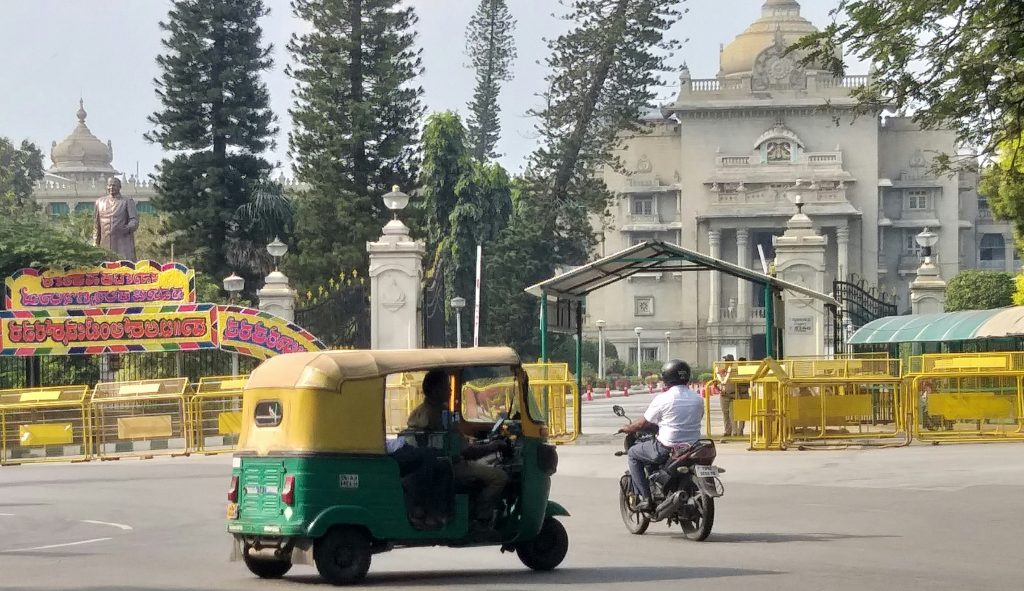Robert F. Kennedy Jr. Suspends Independent Presidential Campaign, Endorses Donald Trump
In a surprising turn of events, Robert F. Kennedy Jr., the independent presidential candidate, has officially suspended his campaign and thrown his support behind former President Donald Trump. This decision comes after a noticeable decline in Kennedy’s poll numbers over the past few weeks. In his announcement, Kennedy attributed his struggles to what he perceives as a relentless campaign by the Democratic Party aimed at undermining his independent candidacy. With his withdrawal from the race, Kennedy is seeking to remove his name from ballots in key battleground states, signaling a strategic pivot towards aligning with Trump, who is currently the frontrunner for the Republican nomination.
Kennedy’s shift is noteworthy given the political landscape of the 2024 election cycle, particularly as he previously positioned himself as a voice for change outside the traditional two-party system. His support for Trump may influence the dynamics of the upcoming election, as some pundits speculate that this endorsement could provide Trump with a modest boost among Kennedy’s supporters, particularly those disillusioned by the Democratic establishment.
The political ramifications of Kennedy’s endorsement are still unfolding, with analysts closely monitoring how his decision may affect voter sentiments and party alignments in the months leading up to the election. Interestingly, recent data from the Pew Research Center indicated that many of Kennedy’s former supporters were leaning towards backing Vice President Kamala Harris over Trump, suggesting that Kennedy’s endorsement may not universally resonate with his base.
Kennedy’s campaign had garnered attention for its focus on health freedom, environmental issues, and criticisms of the political status quo, appealing to a diverse range of voters who were disenchanted with conventional political narratives. However, as the election nears, the consolidation of support among candidates will be critical for both parties as they seek to galvanize voters and present a unified front.
As Kennedy transitions from a presidential candidate to a supporter of Trump, the implications for independent voters and the broader electorate remain to be seen. His decision highlights the complexities of voter alignment and the shifting allegiances that can occur in a polarized political environment. With the 2024 election shaping up to be a battleground of ideologies, the impact of Kennedy’s endorsement could prove to be a pivotal moment in the race, reshaping conversations and strategies for both Trump and Biden’s campaign teams.
Ultimately, Kennedy’s announcement marks a significant moment in the ongoing narrative of the American political landscape, as voters grapple with their choices in a time of profound division and uncertainty. As the election approaches, all eyes will be on how these developments influence voter mobilization and the strategies that candidates will employ to secure their positions in a rapidly evolving political arena.
Tags: 2024 election, Donald Trump, independent candidate, RFK Jr, Robert F. Kennedy Jr.
Controversy Surrounds Robert F. Kennedy Jr. as He Faces Legal Challenges and Political Aspirations
In a surprising turn of events, Robert F. Kennedy Jr., the independent presidential candidate, has recently found himself at the center of controversy following a startling admission related to an incident from 2014. This revelation, coupled with ongoing legal challenges to his residency in New York State, has raised questions about his political future and the viability of his campaign.
Kennedy’s candidacy has been marked by a growing discontent within the Democratic Party, which has seemingly fueled his independent run. As dissatisfaction mounts with traditional candidates, Kennedy’s platform has gained traction among voters seeking an alternative. However, his recent confession to disposing of a bear carcass in Central Park has overshadowed his political ambitions, leading many to question his judgment and suitability for office.
The New York State Department of Environmental Conservation confirmed that no charges will be filed against Kennedy for this incident, as the statute of limitations has expired. Nevertheless, the ramifications of his actions could have further implications for his political career. Legal experts suggest that if challenges to his residency succeed, it could complicate his presidential bid and potentially derail his campaign.
Despite these challenges, Kennedy remains undeterred. He has publicly stated his commitment to engaging with voters and addressing the pressing issues facing the nation. As he navigates the complexities of his candidacy, he is also focused on gathering support and increasing his visibility among potential constituents.
Recent developments have seen Kennedy and the Maryland Green Party submit thousands of signatures to qualify for the ballot, signaling his determination to remain a contender in the upcoming election cycle. As the political landscape shifts, Kennedy’s independent status may resonate with voters disillusioned by the current political climate.
The broader implications of Kennedy’s situation extend beyond personal accountability. His case highlights a growing trend among independent candidates who are challenging the status quo and seeking to redefine American politics. With a unique platform and a storied family legacy, Kennedy’s campaign could represent a pivotal moment for independent voices in the electoral process.
As the election approaches, all eyes will be on Kennedy to see how he addresses these challenges and whether he can transform controversy into a compelling narrative that resonates with voters. His ability to navigate this tumultuous political landscape will be crucial in determining the outcome of his campaign and the future of independent candidates in America.
Tags: independent candidate, New York residency challenge, political controversy, RFK Jr, rfk jr bear, Robert F. Kennedy Jr.


